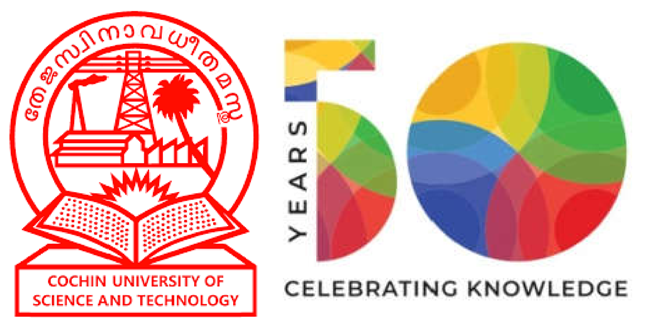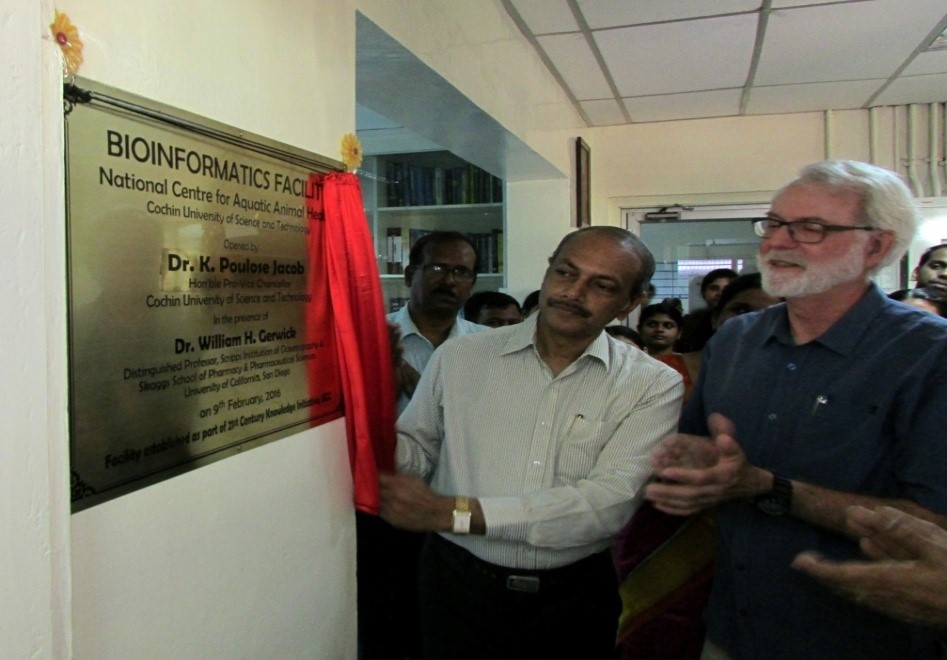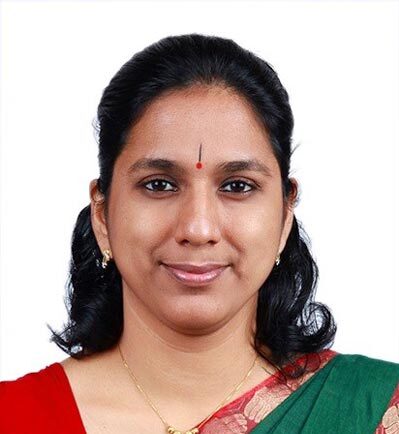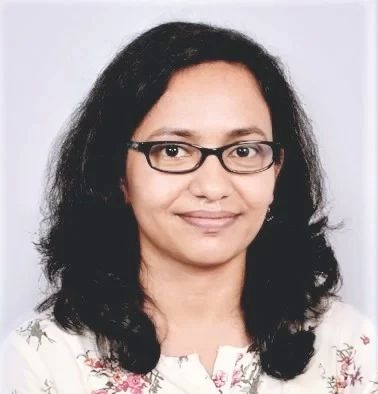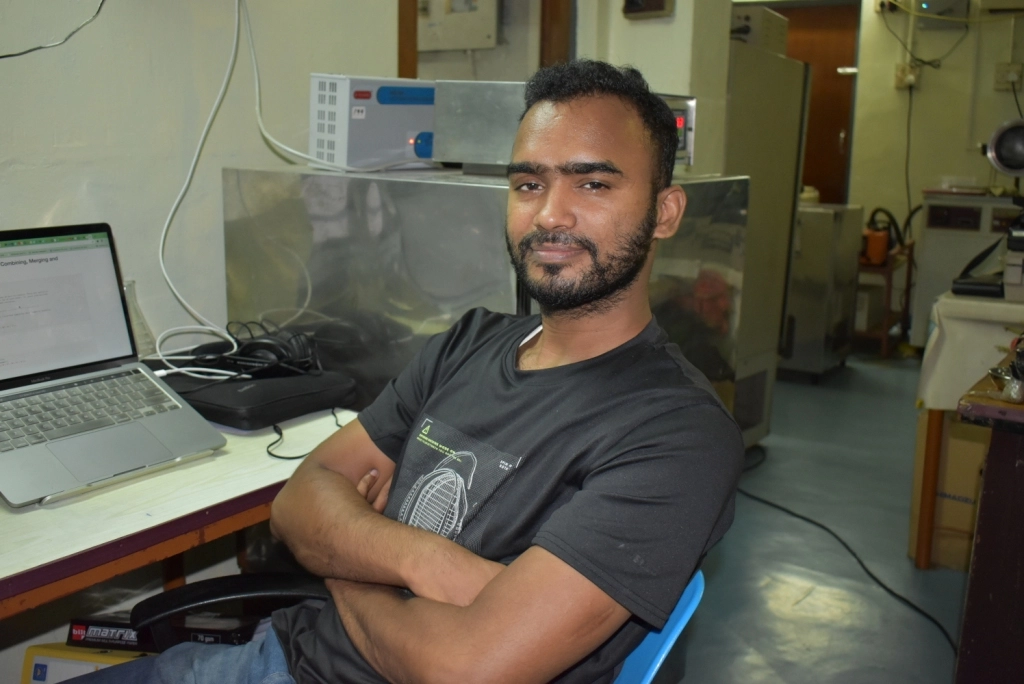- Titus Susan Merlin, Md Umar, Sajeevan Thavarool Puthiyedathu. 2021. Genomic insights into symbiosis and host adaptation of an ascidian‑associated bacterium Bacillus aryabhattai MCCB 387. Symbiosis https://doi.org/10.1007/s13199-022-00860-1 view
- Sivakumar, K.C., Thavarool Puthiyedathu, S., 2021. Challenges and prospects of Viral Envelope protein VP28‐based control strategies to combat white spot syndrome virus in penaeid shrimps: a review. Rev. Aquac. 13, 734–743. https://doi.org/10.1111/raq.12497 view
- Sivakumar, K.C., Haixiao, J., Naman, C.B., Sajeevan, T.P., 2020. Prospects of multitarget drug designing strategies by linking molecular docking and molecular dynamics to explore the protein–ligand recognition process. Drug Dev. Res. 81, 685–699. https://doi.org/10.1002/ddr.21673 view
Being an interdisciplinary field, Computational biology and bioinformatics develops and applies computational methods to analyse large amount of biological data, such as genetic sequences, cell populations or protein samples, to make novel predictions or discoveries in biology. The computational methods used include analytical methods, mathematical modelling and simulation.
The feasibility in systematic data collection by genomics and proteomics technologies has greatly widened the gap between the available data and their biological interpretation. Direct individual testing won’t be able to close this gap given the volume of data collection. Thus the crucial means of bridging this gap is provided by computational and theoretical approaches to understanding biological systems. These tasks include computer modelling of biological processes, computational administration of large-scale projects, database building and data mining, algorithm development and high-performance computing, as well as statistical and mathematical analysis.
The bioinformatics and computational biology team of our centre aim to discover and disclose genetic interactions in organisms, molecular simulations for novel drug discovery, application of molecular systematics toward conservation of marine resources and in silico approaches for revealing the complex biological reactions.
Recent Updates
- Molecular identification and characterization of endophytic and associated of nitrogen fixing bacteria associated with red macroalga Kappaphycus alvarezzii using 16S rRNA and nifH gene sequencing and could identify 21 potential bacterial isolates.
- Genomic insights into symbiosis and host adaptation of an ascidian-associated bacterium Bacillus aryabhattai MCCB 387 was studied and a paper was published.
- ‘Systems and Computational Biology’was taught as a course as a part of M.Tech. Marine Biotechnology programme to14 students (2021-2022) sponsored by DBT. Strong foundation in Bioinformatics, Systems and Computational biology was laid through problem oriented approaches for skill development, in order to facilitate finding answers to questions in marine biotechnology.
- Training on bioinformatics and computational biology (2021-2022) was provided to 227 candidates at various levels such as 44 at Graduate level, 144 at Postgraduate and PhD levels, 25 at Postdoctoral and Faculty levels and 14 at Higher Secondary School level.
- Under the synthetic biology component, a CVJ Centre for Metabolic Engineering and Synthetic Biology (CMESB) sponsored by M/s Synthite Group of Industries, Kerala is getting established at the University, which will be working closely with DBT-Bioinformatics Centre.
Research Projects
- “Establishment of Bioinformatics and Computational Biology Centre for Marine Bio-resource Conservation and Sustainable Utilization” funded by Department of Biotechnology, Govt. of India
- Indo-US initiatives on innovative reforms in marine biotechnology education and research and development of sustainable aquaculture production systems for inclusive economic growth and sustainable development” funded by University Grants Commission, Govt. of India (under the Indo-US 21st Century Knowledge Initiative)
Research Publications
–
- Sivakumar K.C. (2021) Structure based in silico screening for antiviral lead compounds from marine sources against White Spot Syndrome Virus: A multi-target drug discovery approach view view
Thrust Areas
- Determination of the extent of perturbation of a typical marine ecosystem by human activity and generation of early warning signs in the form of accurate NGS genomic data.
- Targeted drug discovery from marine biological systems focusing on applications such as virtual screening prediction (using appropriate classification algorithm) and drug efficacy and ADMET prediction (using appropriate regression algorithms)
- Building up synthetic biology platform for biosynthesis of various molecules such as pyocyanin and human resource development in associated areas.
- Application of NGS in aquatic animal model in assessing xenobiotics deleterious to environmental health under “one health concept”

